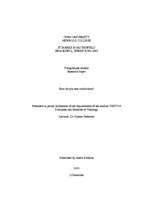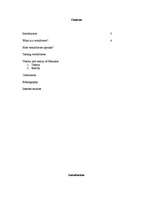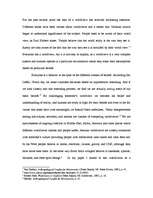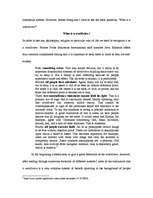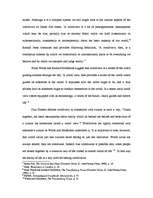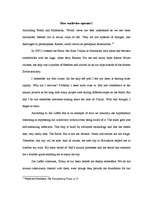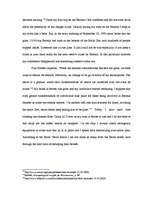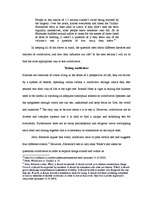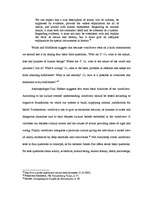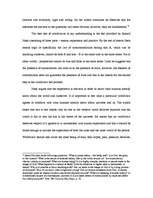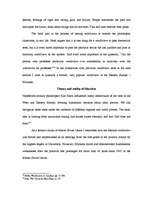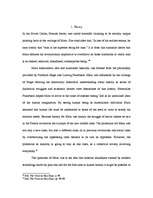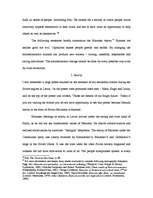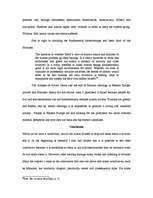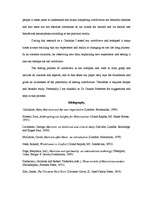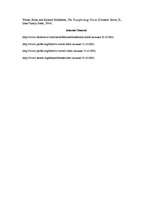-
How do You Test Worldviews
| Nr. | Chapter | Page. |
| Introduction | ||
| What is a worldview? | ||
| How worldviews operate? | ||
| Testing worldviews | ||
| Theory and reality of Marxism | ||
| 1. | Theory | |
| 2. | Reality | |
| Conclusion | ||
| Bibliography | ||
| Internet sources |
For the past several years the idea of a worldview has received increasing attention. Different books have been written about worldviews and it seems that Christian church began to understand significance of the subject. People need to be aware of their world view, as Paul Hiebert states, ‘People believe that the world really is the way they see it. Rarely are they aware of the fact that the way they see it is moulded by their world view.’1 Everyone has a worldview, but it is not easy to explain, as a worldview is a very complex system and humans operate in a particular environment where they make their assumptions based on particular beliefs.
Everyone is a believer in the spite of the different context of beliefs. According Jim Leffel, ‘Every day we make countless decisions based on hypothetical reasoning. And if we look closely into this reasoning process, we find we are actually testing some of our basic beliefs.’2 By challenging someone’s worldview we threaten his belief and understanding of reality, and humans are ready to fight for their beliefs and even to die for values that make their lives meaningful, as Ronald Nash underlines, ‘Many disagreements among individuals, societies, and nations are clashes of competing worldviews.’3 We are eyewitnesses of ongoing conflicts in Middle East, Africa, America and other places where different worldviews clashes and people suffer, because worldviews are closely connected with someone’s culture providing people with information what exists and what does not. In the West people believe in atoms, electrons, viruses, gravity and DNS, although they have never seen them. In the same way South India villagers believe in rakshasas, apsaras, bhutams, and other spirit beings.4 In my paper I intend to test worldviews as a conceptual system. However, before doing that I want to ask the basic question, ‘What is a worldview?’
In order to test any philosophy, religion or particular way of life we need to recognize it as a worldview. Former Probe Ministries International staff member Jerry Solomon offers four common components stating that it is important to keep these in mind as they are self-evident. …
Pasaules redzejums mums katram ir atšķirīgs. Kā zināt ka tas ko redzu visapkārt nav ilūzija un pašapmāns?

